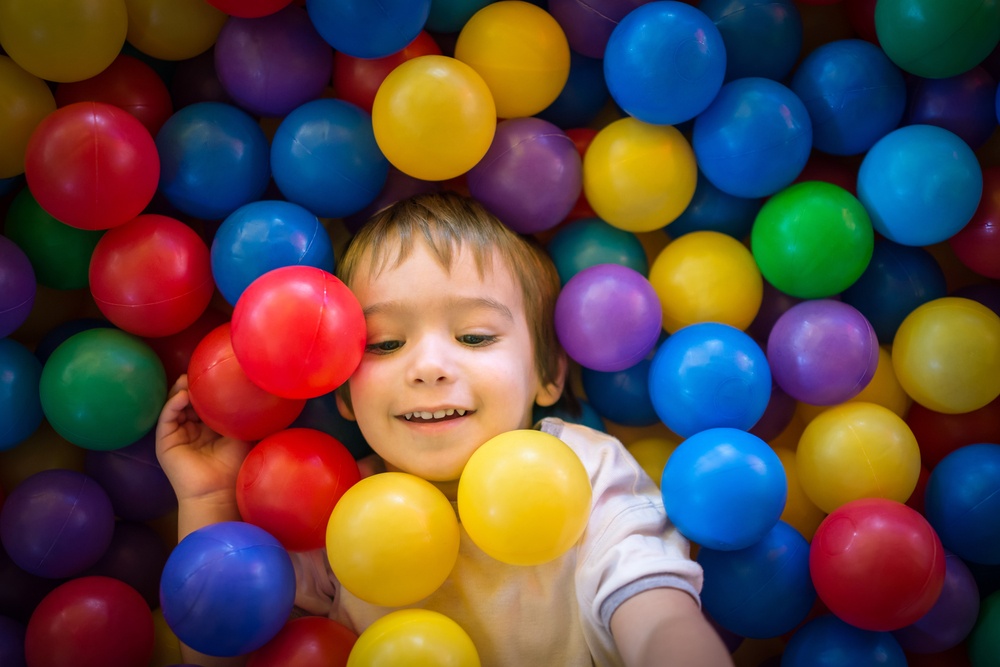How do kids develop through play

Play is all about having fun! Any activity, organized or unstructured, your child finds fun and enjoyable is considered play. But play is much more than just a fun activity for your child! While playing, children learn and develop important skills they will continue to use throughout their lifetime.
Before deciding how to play with your preschoolers, it would be ideal to first understand the how meaningful play can help with the different types of developmental milestones.
Physical Development
BUILDING BUSY LITTLE BODIES
Mastering physical skills is such an important part of childhood —and it paves the way to all kinds of learning.
- SENSORY SKILLS
Hearing, seeing, touching, tasting—the senses are the very first windows to helping your child learn, "lighting up" areas of the brain.
- FINE MOTOR SKILLS
From grasping a toy to holding a pencil, developing fine motor skills helps lead to success in school and beyond.
- GROSS MOTOR SKILLS
Huge physical milestones occur in the early years—and motor skills keep getting refined as your child grows.
Cognitive Development
ENGAGING CURIOUS MINDS
The best way to learn? Though play. You’ll be astounded at how much brain power they build in the early years.
- CURIOSITY & DISCOVERY
Encouraging that natural sense of wonder and amazement will help your child want to learn more—every day!
- PROBLEM SOLVING
How does it work? Figuring things out is one of the best parts of play—from simple challenges to more complex ones.
- IMAGINATION & CREATIVITY
Asking “what if?” Dreaming up new ways to see the world. Being able to imagine and create. They’re hallmarks of great thinkers.
Social & Emotional Development
NURTURING CONFIDENT PERSONALITIES
Express ideas, sharing with friends, being a good listener—playing is a natural (and fun!) way to develop good social skills and enhance emotional well–being.
- LISTENING
A child can hear even before birth—and will always benefit from being a good listener (and talker!).
- SELF EXPRESSION & CONFIDENCE
Feeling good about yourself and communicating your thoughts are essential skills that develop naturally through play.
- SECURITY & HAPPINESS
Playful children are happy children. When all is said and done, you want your child to have emotional connections, to feel happy and secure—now, and when they’re all grown up!
Nailing playtime is not easy, and knowing the stages children go through during the preschool years will help you to plan activities in two ways. First, this knowledge will help you provide activities appropriate for your specific age range. Second, it will help you plan for the appropriate for the level of development each of your preschoolers are currently in.
Preschool developmental milestones are those skills and abilities that children can be reasonably be expected to achieve at or by a certain age. It is not a list to hold children by. We are all unique and human development is also unique for each person.
With that in mind, here is a free infographic guide on some basic milestones for each age group.



